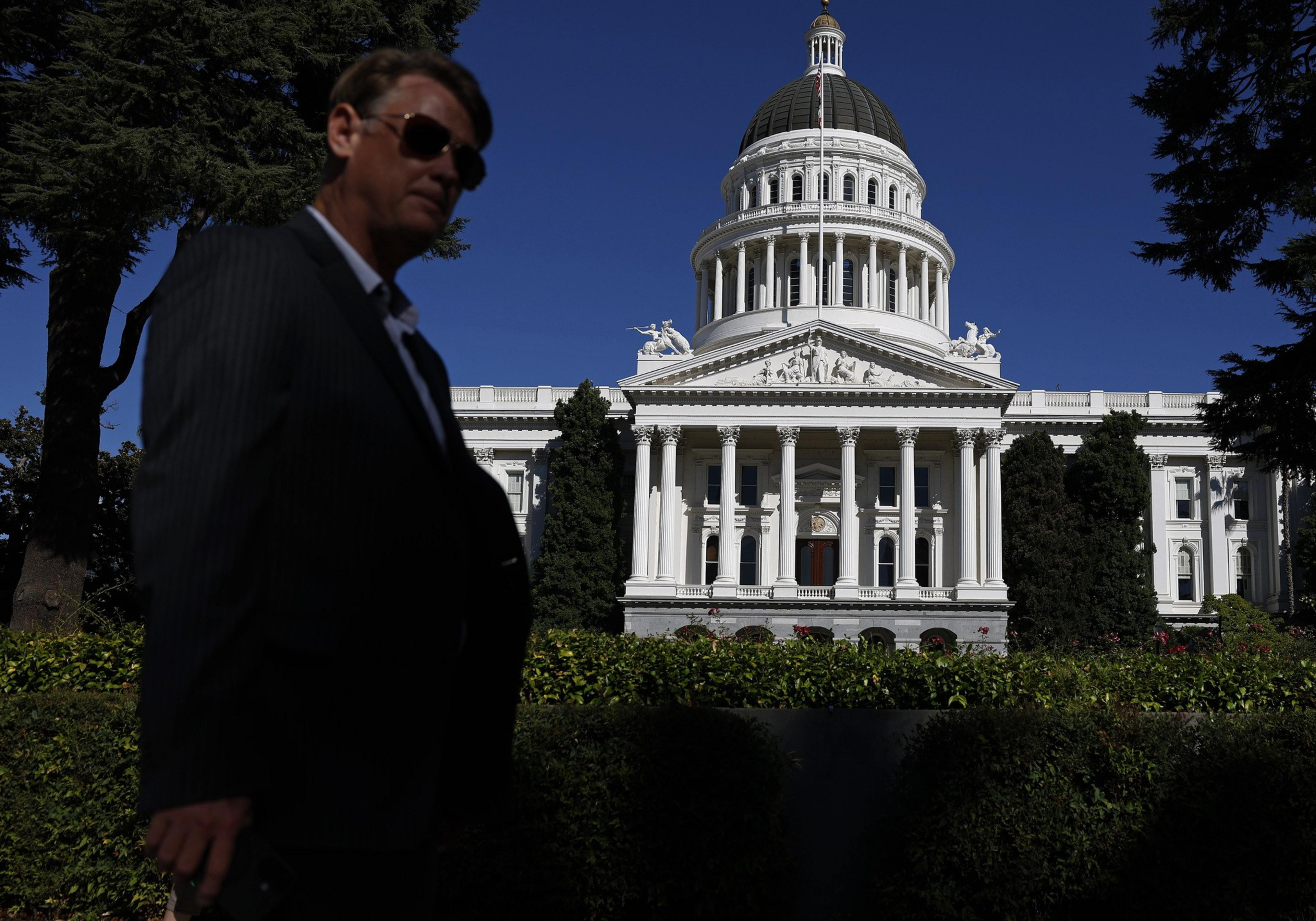California’s approximately 200 billionaires could have to cough up a one-time 5% tax if a proposed initiative gets the 870,000 signatures needed to place it on the statewide ballot next fall.
The “2026 Billionaire Tax Act,” which was received by the California attorney general on Thursday, would use the one-time funds to plug holes in the state’s health care system caused by reductions in federal funding enabled by the “One Big Beautiful Bill” legislation passed over the summer. Some 10% of the funds would be used to support public K-12 education.
UC Berkeley economics professor Emmanuel Saez, law professor Brian Galle, and Stanford law professor Darien Shanske were involved in drafting the proposal, according to a spokesperson with the initiative’s campaign. Saez, who has advocated for a more progressive wealth tax for (opens in new tab) years (opens in new tab), said the initiative gives the state a chance to bolster revenue without hiking taxes for working- and middle-class Californians.
“The tax is small relative to the massive gains billionaires have made yet large enough to preserve programs that are crucial for California’s economy and its continued success,” Saez said.
Saez believes that the initiative will easily make the ballot because of the organizing experience of the union and polling which shows a majority of voters are behind the idea.
“It has a very good shot at passing and becoming the first tax on the ultrarich in the world,” he told The Standard.
Supporters of the bill told The Standard to expect canvassing to begin in December, assuming that the attorney general’s office approves the wording of the initiative within the required 30 days.
How will it work?
California houses 43 of the world’s 500 richest people, according to Bloomberg (opens in new tab), and has more billionaires than any other state. Combined, they hold a net worth of $2 trillion, which means a 5% tax would yield the state around $100 billion. Those taxes would be pooled into a reserve in the State Treasury, according to the initiative, from which they can be pulled at a rate of $25 billion a year to address what is anticipated to be a $30 billion annual state budget shortfall for health care.
By applying the tax to such a small number of individuals, supporters hope to eliminate the potential for evasion or fraud. To prevent billionaires who offshore their wealth or don’t have high salaries from getting around the tax, eligible billionaires would have their net worth calculated based on their trusts, equity, stocks, businesses, charities, and other assets, starting on Dec. 31, 2026. Those who have knowingly understated their tax liability will be forced to pay between 20% and 40% of that understatement.
Opponents of the legislation argue that it will only push (opens in new tab) billionaires out of the state; although those who choose to leave to avoid paying the tax would have to do so before the start of 2026.
“Even if it’s a one-time tax, it would increase the chances of these people to relocate,” Enrico Moretti, another UC Berkeley economics professor, told Bloomberg. “It would also reduce the chances that these people bring their companies and their (employees) to California in the future.”
The initiative is sponsored by the state’s largest health care union, the Service Employees International Union United Healthcare Workers West, who fear that 145,000 health care workers could lose their job if cuts to public programs aren’t balanced by more state resources.
To bolster their claim that such a tax is not only necessary but fair, the initiative references data on corporate earnings and tax returns, which highlight the country’s regressive tax rate.
The 19 million California taxpayers who happen to not be billionaires pay an average of 6% more (opens in new tab) of their “true economic income” on taxes, according to an August 2025 study titled “How Much Tax Do U.S. Billionaires Pay?” The study also found that since the 1980s, the wealth of billionaires has grown on average 7% each year, “far outpacing the growth in wages and savings for ordinary Californians.”
“The wealth tax imposed by this act will collect less from billionaires than they typically gain from just a single year’s increase in their fortunes,” the proposed initiative reads. “Even after paying the tax, California billionaires will keep growing richer year after year.”
